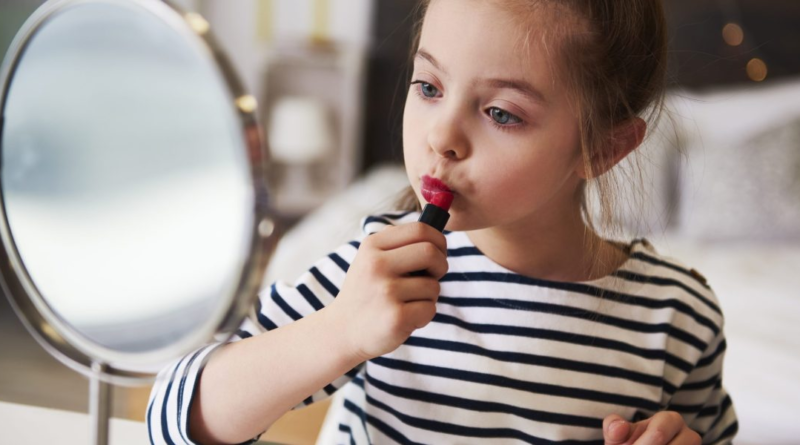Gen Alpha’s ‘Sephora kids’ trend has reached a fever pitch, forcing summer camps to ban skincare items
This summer, sunscreen and bug spray are not enough for the next generation of skincare-obsessed tweens. Gen Alpha’s “Sephora Kids” are so obsessed with beauty products that summer camps have taken action to ban them from suitcases and cabins.
Lake Bryn Mawr Camp, an all-girls sleepaway retreat in northeastern Pennsylvania; Camp Mataponi in Maine; and Tyler Hill Camp, near the Pennsylvania-New York border, are among several summer havens explicitly telling campers and their families to avoid bringing makeup brushes and face creams to camp, Business Insider reported. Camp Canadensis, located in Pennsylvania’s Pocono Mountains, has seen campers cycle through trends over the years and sent a letter to parents to prepare them to address their kids’ latest obsession.
“While nail polish and sheet masks in limited quantities can be a fun activity sprinkled into downtime at camp,” the letter said, “we want to avoid ‘playing with skincare and cosmetics’ becoming an activity.”
Parents have rejoiced at camps cracking down on skincare. A few years ago, sheet masks became trendy among young people, a fad that soon escalated into multi-step beauty routines. Some parents complained of their middle-school-aged girls going through 20 pounds of product, including some that cost upward of $90 an ounce. With U.S. households with 6- to 12-year kids spending 27% more on skin care last year than they did the year before, per a report from NielsenIQ, beauty has become a fixation for Gen Alpha. And it’s not only a distraction from camp activities—it’s a full-blown obsession.
“It’s everything: retinol serums, masks, hyaluronic acids, eye creams,” one parent with a 9-year-old camper told Insider. “I’ve seen them come over with cosmetic bags full of every single expensive product that I wouldn’t even pay for myself, like $40 blushes and Dior lip oil.”
Beauty beyond the bunk beds
Skincare is certainly the latest fad among Gen Alpha, a demographic who appear to want to grow up fast. The generation born between 2010 and today, now nearing teenagedom, are entranced with beauty influencers and vulnerable to brands associated with status. Influencer beauty content online has not only helped drive sales of cosmetic products, but also encouraged Gen Alpha—who spend over two hours per week online shopping—to use their parents’ credit card to buy popular brands.
“Whether we like it or not, many kids are chronically online, having grown up with the internet,” Alex Popken, vice president of trust and safety at content moderation service WebPurify, told Fortune. “They have a level of digital literacy in navigating sites above and beyond what their parents have.”
Through their online escapades, tweens have come across products like Drunk Elephant’s polypeptide cream and The Ordinary’s squalane serum that contain skin-firming retinol meant for older, wrinkle-fearing adults. Skincare experts are skeptical of kids using these products when really, most should only be using cleansers, moisturizers, and sunscreen.
“They don’t understand the function of skin and that it’s not just this wall you can throw anything at,” dermatologist Brooke Jeffy told USA Today. The fight to convince them otherwise is “of word of reason—word of their parents, sometimes, word of me or other physicians—against this huge industry of beauty and social media.”
But worried parents have reason not to panic, according to Keneisha Sinclair-McBride, pediatric psychologist at Boston Children’s Hospital. Just as with any trend, it comes and goes, with Gen Alpha likely to bandwagon onto whatever interest the internet decides it should have next.
“Sometimes we put adult lenses on things. For example, kids are probably attracted to skin care simply because they think it’s fun and the products smell good — we’re panicking that next they’re going to want anti-aging treatments,” she told Today. “We’re putting our own grown-up fears onto them.”




